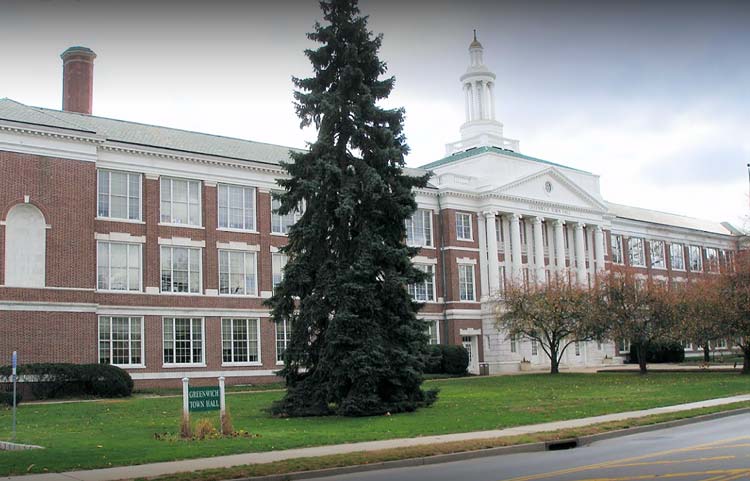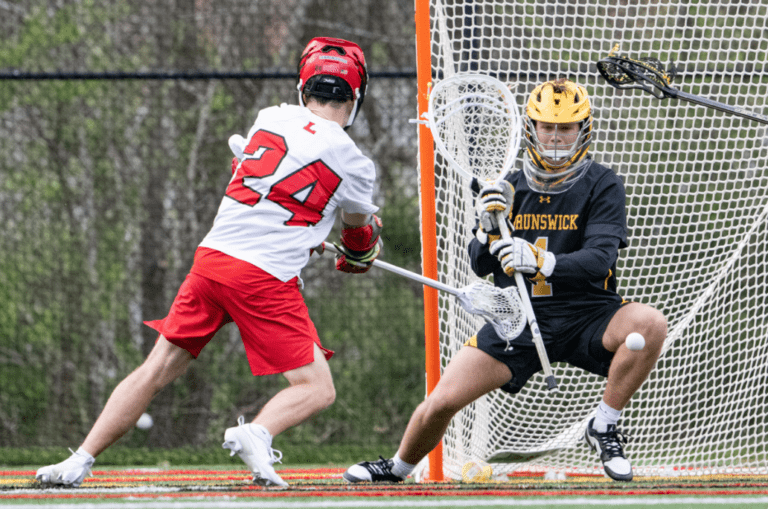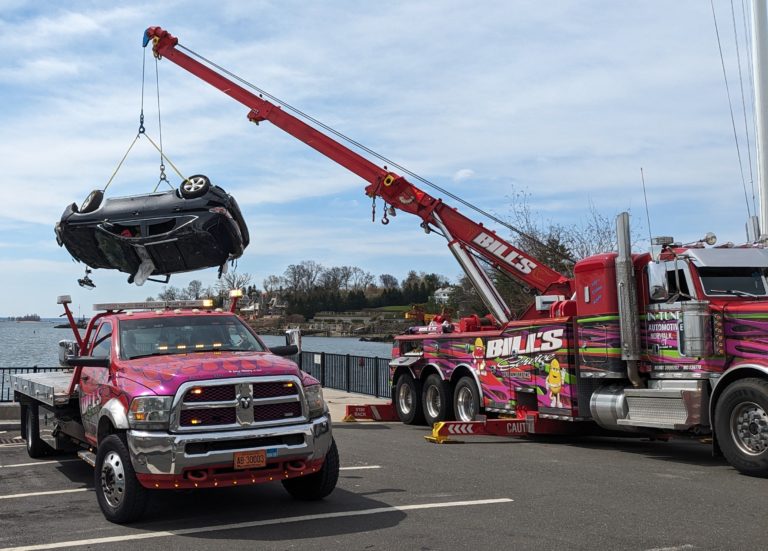
By Richard Kaufman
Last Thursday, the Greenwich Board of Selectmen initiated the process to restart the flow of state funding for town transportation projects.
There has been a logjam and the flow of money had been stopped because Greenwich has not signed on to a new policy called the Master Municipal Agreement (MMA), which was brought forth by the Connecticut Department of Transportation.
The Selectmen approved the language of the MMA as it related to the town, and the matter will now be sent to the Representative Town Meeting for consideration in September. If the RTM also gives approval, it will go back to the Selectmen for final adoption.
The MMA was developed in order to streamline the agreement process that towns across the state enter into when trying to obtain funding for projects though the DOT. The agreement is for 10 years, and calls for indemnification, according to Deputy Commissioner of Public Works for Greenwich, James Michel.
Previously, agreements with towns were made on an individual basis.
Michel said that several municipalities across the state, Greenwich included, had concerns with some of the language in the agreement. For Greenwich, those concerns revolve around the idea of indemnification, since the Town Charter says the town cannot indemnify anyone. Greenwich then was unable to sign the agreement.
“If the town of Greenwich does not enter this agreement, the ability to obtain grant funding would be eliminated, so therefore no additional grant funding would be provided to the town for transportation projects which is a fairly significant amount of money,” Michel said. “This includes our bridges, it includes some traffic signal projects, transportation projects, roadway projects.”
Work on the signals near Arch Street on exit 3, Sunshine Avenue bridge, Davis Avenue Bridge, and the Frontage Road intersection project, among others, would be able to continue once the logjam is broken.
In order to work around the charter language, the town is going to obtain an insurance policy to cover the indemnification piece of the agreement, Michel said. Additionally, contractors will have to enter into an agreement that they will be indemnifying the town and the state during construction.
“The town is going to get an insurance policy for design projects and for the small amount of work that the town does, for instance when we have our town engineering staff going out and looking at these projects during the construction, there’s a small amount of risk they’re involved with,” Michel said. “But for the bulk of it, the contractor will be on the hook for the construction process.”
Michel said the insurance policy will be an ongoing, annual policy. An original cost estimate was done in May, and came out to $25,000. Michel said the town is in the process of getting a new quote, which is expected to be in the same ballpark.
The Selectmen all supported signing into the agreement and the insurance policy.
“I’m going to support the request because I know how important the monies are to the projects,” said First Selectman, Peter Tesei. “Sitting on the Council of Governments for Greenwich, believe me, the other towns are salivating at having our money if we were to forfeit it. I don’t want to see us forfeit it.”
Selectman Sandy Litvack had concerns about the flat prohibition outlined in the charter, and was hesitant in going forward before supporting sending the matter to the RTM.
“In this case, with the state of Connecticut, they’ve made it very clear to us that it’s their way or the highway,” said town attorney, Wayne Fox, to some laughter. “You have to be cautious that you don’t interpret our charter which has certain purposes too literally, or you will never accomplish anything.”
Both Fox and Litvack agreed that “there’s no reason not to” look into narrowly amending the charter language in the future.
“This particular request enables the town to go forward in a constructive way to address the issue in the short term, but there is a potential permanent solution if in fact the charter language was changed,” Tesei said.




